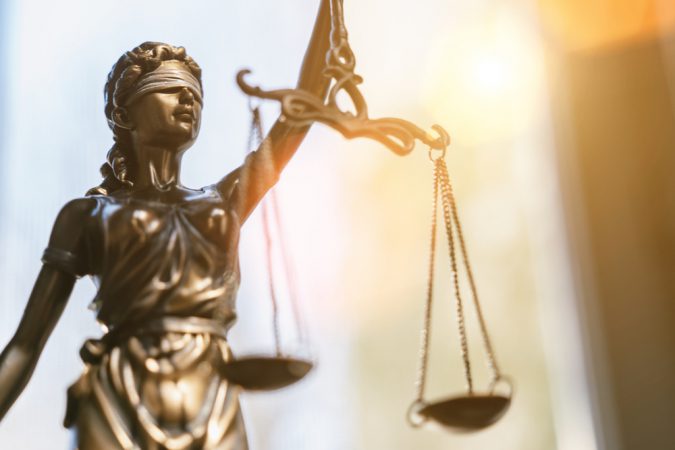
by Jeremy Morrison, Inweekly
The latest twist in the legal proceedings concerning Skanska and the company’s runaway barges that knocked the Pensacola Bay bridge offline involves a claim that pertinent information to the case has been deleted from cellphones.
“It’s our position that Skanska destroyed evidence either by deleting or just flatly failing to preserve,†said Sam Geisler, an attorney with Aylstock, Witkin, Kreis and Overholtz, who is helping represent the nearly 1,000 business and homeowners who were impacted by the bridge outage or washed-up barges.
Speaking to Rick Outzen on 1370 WCOA, Geisler explained how attorneys representing claimants seeking damages from Skanska felt that workers on the bridge project likely had significant information regarding the project on their cell phones — specifically on their phones, as opposed to within emails — and that some of that information had been deliberately withheld.
“I mean, here’s the deal, these folks working on the bridge — the folks with the facts, right? — they don’t get out a laptop and start emailing instructions,†Geisler said. “They have cellphones. They have work-provided cellphones. They text each other.â€
Attorneys representing business and property owners — other firms involved in the case include Levin Papantonio Rafferty, as well as Beggs & Lane — are claiming that there are multiple evidence-related issues, citing the company’s failure to preserve or provide workers’ cell phones. Skanska has filed an objection to these accusations.
“The cell phone information is important because you’re litigating whether they were negligent in how they prepared for the storm, which I think common sense shows us if your barges are floating all over the bay and destroying our bridge, somebody didn’t do what they were supposed to,†Geisler said.
This most recent legal development follows a July ruling from U.S. District Court Judge Lacey Collier, determining that Skanska was operating under maritime law. That ruling keeps this case in federal court, whereas many business and property owners claiming economic loss due to the incident have filed lawsuits in state court.
The Skanska case centers around damage caused and economic losses incurred after 23 barges the company was using as part of its work on the bay bridge replacement project became unmoored during Hurricane Sally in September 2020. In addition to knocking out the bridge for nine months, the incident also resulted in barges washing up around the area and commuters facing a lengthy detour between Pensacola and Gulf Breeze.
While Skanska’s barges did cause damage around the area, many of the claimants seeking damages are commuters, as well as property and business owners citing economic losses. The recent ruling establishing that Skanska was operating under maritime law could sideline such state-filed cases, as the case remains in federal court, but Judge Collier deferred ruling on the relevance of a precedent case — the so-called Robins Dry Dock case — until after the trial wraps, which would limit potential plaintiffs to only those who suffered actual physical damage due to the barges.
Geisler recognized the challenges presented by the recent maritime law ruling — “it’s a ruling against our position†—but said he’s hopeful that the precedent case is ultimately not applied, thus allowing for plaintiffs seeking damages for losses not directly associated with physical damages.
“If we succeed in this trial, and I certainly hope we do, then we go to state court, and this limitation action just goes away,†the attorney said, describing the precedent case’s relevance to Skanska’s case as “just totally apples and oranges.â€
The Skanska trial continues on Sept. 13. While the maritime law ruling shifts some plaintiffs into iffy territory, Geisler pointed out that it also places Skanska in an arguably disadvantageous position as well.
“Really, it’s an interesting issue because maritime law actually provides us with a presumption because the bridge was stationary because Skanska’s barges ran into it; Skanska actually starts off being negligent,†Geisler said. “There’s a presumption of negligence, and they have to overcome it.â€



